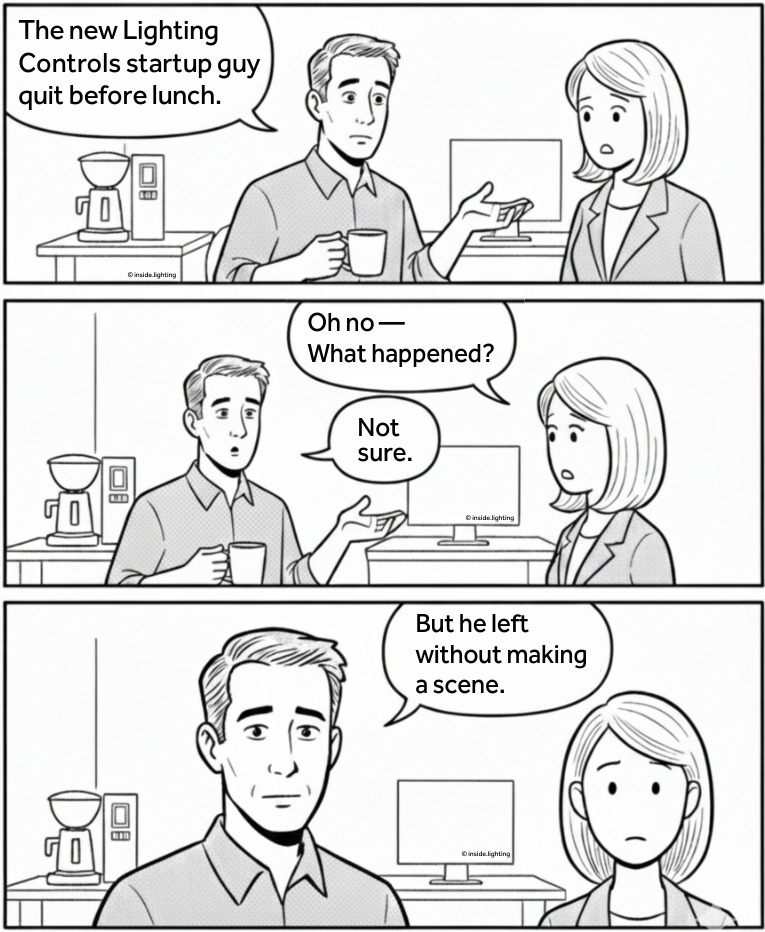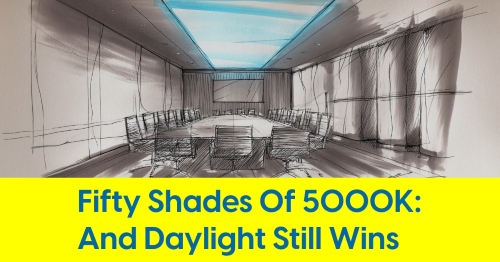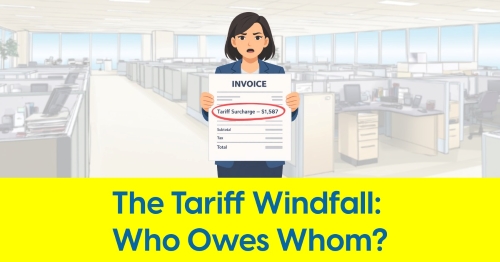April 27, 2023
Signify Beats Chinese Lighting Company’s Fraud Claim

Dispute over 37 former Lunera Lighting patents goes Signify’s way
In a recent court order, Signify’s motion to dismiss a lawsuit claim brought on by a Chinese lighting maker has been granted. Plaintiff Jiaxing Super Lighting Electric Appliance Co., Ltd. (Super Lighting) had filed a single cause of action against Signify for "Actual and Constructive Fraudulent Transfer of patents" under the Delaware Uniform Fraudulent Transfer Act and California Uniform Voidable Transfer Act.
In particular, Super Lighting alleged that Signify, by purchasing 37 patents belonging to debtor Lunera Lighting, Inc., "put the patents...beyond Super Lighting's reach and delayed, hindered, and impeded its ability to enforce its arbitration award and judgment against Lunera." Super Lighting sought financial relief and damages.
Lunera Lighting backstory
Don Peifer and Mark Walsh started Lunera Lighting in December 2007 with the intention of bringing the next-generation of digital solid-state light (SSL) LED light to the commercial market. Lunera Lighting gained recognition in the industry for its plug-and-play LED lamps that replaced metal halide and fluorescent lamps. The company was also known for its award-winning Susan Lamp series.
In 2018, Lunera Lighting filed for Chapter 11 bankruptcy protection, citing financial challenges and difficulties in scaling the business. Following the bankruptcy filing, its patents were (indirectly) sold to Signify Holding B.V.
In January 2019, Lunera Lighting transferred its 37 patents to Tynax for $125,000, as part of an Intellectual Property Transfer Agreement. The Patents were free of any encumbrances, as Lunera had removed all liens and security interests prior to transfer. On the same day, Tynax and Signify Holding B.V. transferred the patents to Signify in exchange for $160,000, under a separate Intellectual Property Transfer Agreement.
Lawsuit developments
The court had previously granted in part and denied in part Signify's Motion to Dismiss the First Amended Verified Complaint (FAC) to the extent it alleged a claim against Signify for "Actual and Constructive Fraudulent Transfer of patents." The court had granted the motion to the extent such claim was based on constructive fraudulent transfer of the patents and denied the motion in all other respects.
Claims that the patents were worth millions, not $160,000
The court found Super Lighting had not pled facts establishing the actual market value of the patents, and that Super Lighting's "conclusory assertion" that the consideration Lunera received for the patents was "less than reasonably equivalent value" did not suffice for purposes of pleading its fraudulent transfer claim.
Super Lighting filed the complaint, in which Super Lighting added a description of the patents and alleged the patents had an actual fair market value of between $5.5 million and $6.9 million on January 18, 2019, the date of their transfer. Signify argued that Super Lighting failed to cure the deficiency noted by the court in its previous order of dismissal, in that Super Lighting again failed to plead facts plausibly supporting the alleged market value of the patents. The court agreed and finds the complaint devoid of such factual matter.
Next steps
The sole claim against Signify is now subject to dismissal. The court will, however, afford Super Lighting a further opportunity to amend to add factual allegations that suffice to support a finding that the patents were not transferred by Lunera to Signify for reasonably equivalent value. If Super Lighting wishes to file a Third Amended Complaint, it must do so no later than May 12, 2023.










